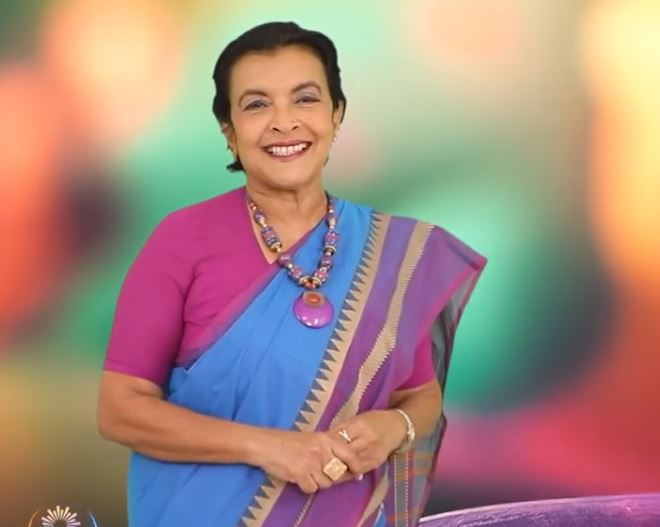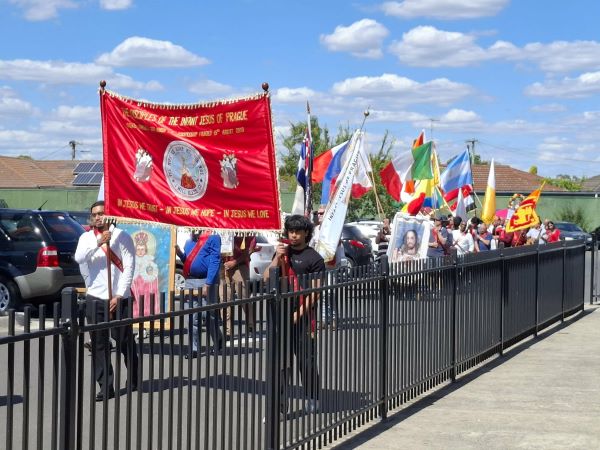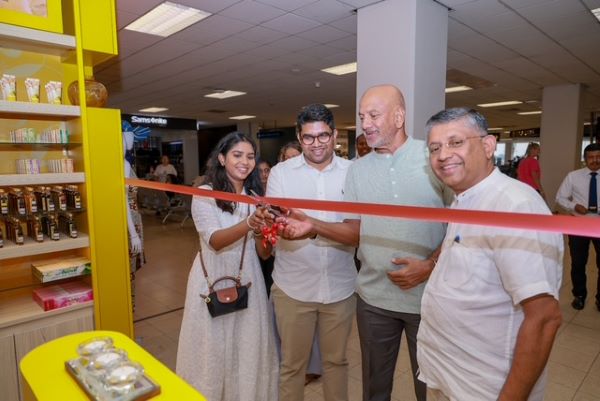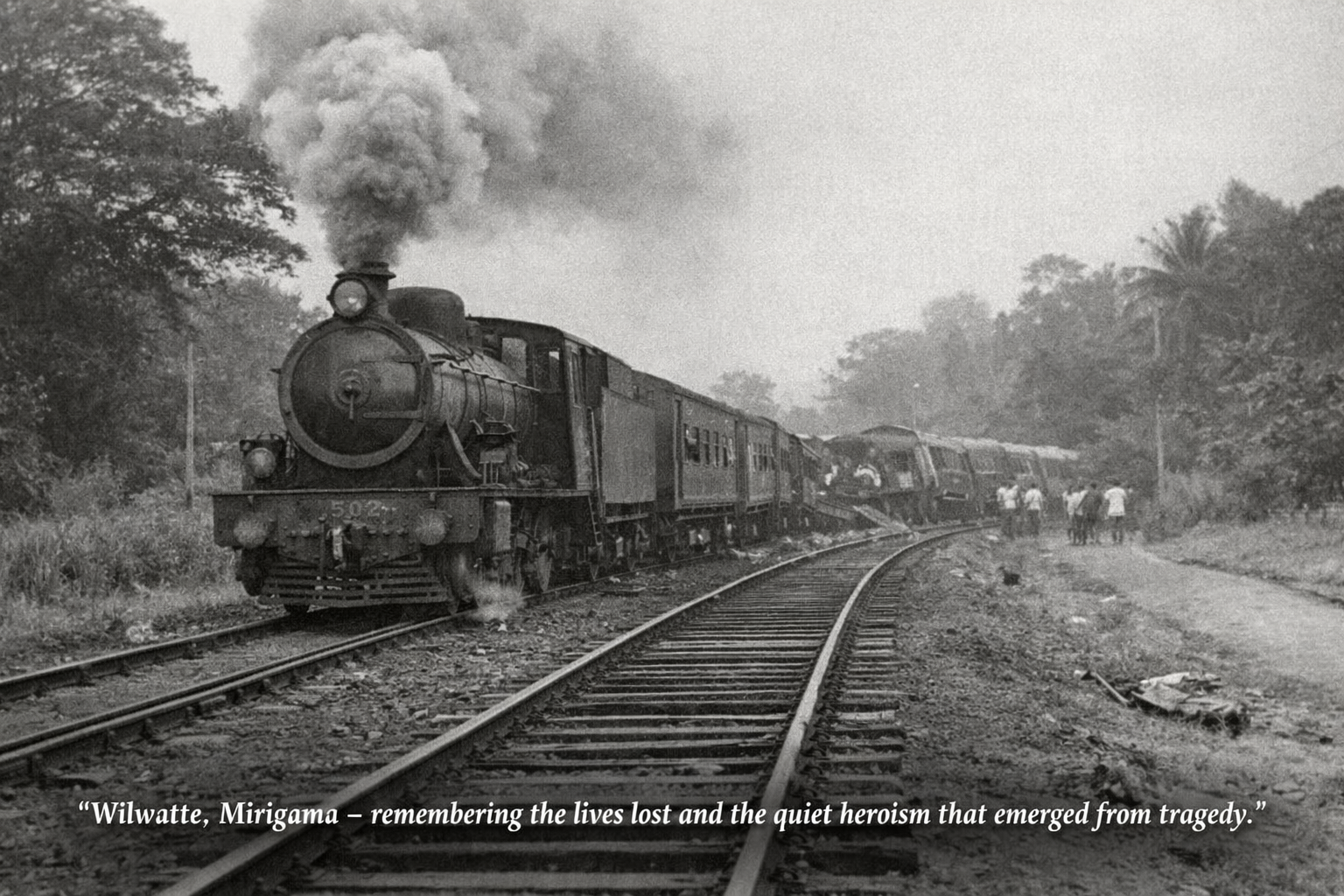Cooking, what is it? By Dr Hector Perera – London
The proposal I find most congenial both as a cook and as a chemistry teacher is this. Cooking is the whole series of operations used by humans to turn raw materials, mainly animal carcasses and harvested plants, into food, that is, into something edible, digestible and nutritious. Those operations which I’ll talk about is energy wasted in cooking.
What is cooking?
Cooking is one of those everyday words that everyone knows. But what does it really mean? Is reheating leftovers cooking? How about making an emulsified salad dressing? Scrambling eggs? Baking cookies? Back home in Sri Lanka majority of people didn’t have the present day modern facilities such as gas and electric cookers, microwaves and ovens. They mainly depended on firewood for cooking. Even at our home including our mum used firewood for cooking. Most of the times a kitchen servant helped cooking and we call her “Kussi amma”. Majority of the present day people in Sri Lanka have these facilities just like in Western countries but they waste plenty of energy that is gas and electric during the process of cooking. Most British TV chefs hardly care about energy wastage in cooking. To believe me one should watch these British TV cooking programmes.
At its most basic, cooking means applying heat to food. But cooking is as much about the ways heat changes the food as it is about the heat itself. That’s because heating food does more than just make it hotter. It changes the food in other ways, too.
Proteins
The proteins in food (like in meats, poultry, and eggs) become firmer. This is why the liquid interior of an egg gets hard when you boil it, and why a well-done steak is tougher than one cooked medium-rare. You might have noticed that in majority of British TV cooking, steak is virtually blood dripping red meat even after their so called cooking. Who would say that kind of steak is safe to eat? You all know that steak is always contaminated with plenty of germs and bacteria. The outside might look cooked but the inside is virtually raw red meat with plenty of germs and bacteria.
Interestingly, other proteins, namely the collagens that make up cartilage and other connective tissues in meats, can be made to break down by heating them in certain ways, specifically through moist heat cooking methods. This is why tough cuts of meat like lamb shanks or oxtails can become so incredibly tender when braised slowly.
Cooking also causes proteins to lose moisture, typically via evaporation in the form of steam. This loss of moisture then causes protein-rich food to shrink, as we see with burgers that shrink when cooked on the grill.
Sugars & Starches
Carbohydrates like sugars and starches are also transformed by heating. Sugars turn brown, as we see when we caramelize the tops of a crème brûlée.
The browning of bread when we bake it is caused by the caramelization of the carbohydrates. Starches tend to act like sponges, soaking up water and expanding in size, as when pasta noodles expand when we cook them.
Fats & fibre
Fats, such as butter and oils, liquefy, and eventually start to smoke when they get too hot. In Sri Lanka majority of people use coconut oil for cooking and frying. The doctors agree that it is one of the best oils to use in cooking and frying.
The fibres in vegetables and fruits soften and break down, which is why a cooked carrot is softer than a raw one.
Other Changes
Cooking can affect the colour of foods, too. Green vegetables (like green beans) first brighten when cooked, but they eventually take on a drab olive hue if they’re cooked for too long. Sri Lankans eat plenty of green vegetable such as “mukunuwenna, kankun, tampola, Gotukola” and many more. Only thing is they must be properly washed to get rid of the dust, mud, traces of insecticides and pesticides on them. I have my doubts that in most restaurants do they care for any hygienic and cleanliness in handling those valuable and nutritious vegetables. In home cooking they are properly washed before cooking. That is one of the reasons why I am scared to eat those things from hotels and restaurants.
Cooking food causes other, less obvious, changes, too. Nutrients like vitamins can be destroyed or leached out, literally cooked away. One must make use of the water that comes out from vegetables while cooking but you would not notice them if you put too much heat while cooking. Anytime you boil vegetables, some nutrients naturally dissolve into the cooking water or into the air via steam. Flavours can be lost in this same way, too. When you smell the aroma of food cooking, what you’re smelling are the flavour compounds evaporating into the air. And if they’re in the air, they’re not in the food, no wonder the people who cook get showered with cooking aroma then walk up and down like “Tandoori Chickens”.
A lot of cooking terminology is pretty straight forward, but some terms can be a bit trickier. Simmering is one of those pesky culinary terms that can mean the difference between fluffy and burnt rice. What the term actually means is to bring a liquid to the state just before boiling. You’ll see lots of little bubbles forming and rising to the surface due to convection currents created by the heat. If your pot begins to boil, turn the heat down to maintain that gentle bubbling, this is where you lose some heat while cooking.
I have practically demonstrated in front of The Sustainable Energy Authority then to The Invention commission in Sri Lanka how to cut down wastage of energy in cooking. Not only I just pointed it out but I gave a solution as well. Before I went to see these authorities for many years I experimented out how to save some energy in cooking that is I cooked and tried how to save energy.
When I first arrived in England I had only one room for studies, sleeping and for cooking so cooking aroma depositing on my clothes was a problem. The room next to my room was a former kitchen but no one used it for years then I moved my cooker to that room to cook. Most Asians like me eat rice and curries and I ate that kind of things in the weekend and for supper. Just like any other University student, I had my lunch at the University and hardly ate takeaway food for supper. There were so many reasons why I didn’t like takeaway food.
Demonstrated how to cook scientifically
A whole team of officials arrived at our apartment in Colombo to witness my work. I knew they are visiting to witness my energy saving cooking but not to see how I added ingredients to a chicken curry so I added them before they arrived and allowed to marinate. Then cooked some rice with a measured amount of water but not checking the water level by dipping fingers into the water just like most people do. I explained my work with appropriate scientific terms so they understood my kind of scientific energy saving cooking. All the scientific terms were explained in simple terms so they knew exactly what I was talking about. I talked about how energy is lost by, convection, conduction and radiation then how to cut down radiation energy in cooking so that some energy is saved in cooking. Once the temperature reached a thermodynamic equilibrium condition, I adjusted the temperature to maintain it like that way until cooking is completed. This time both the rice and chicken were cooking while I made these explanations to the officials who watched cooking by standing near the cooker. They were surprised that there was no cooking aroma to shower from the boiling chicken curry. Most British TV chef shower themselves with cooking aroma while cooking but there was none in my kind of scientific cooking. If the British TV wanted to know how it was done then I must show it by a cooking demonstration than limited to verbal explanation. I was thinking, if my work was good enough to be witnessed by the energy authority and for the Invention Commission in Sri Lanka, sure it should be good enough for British TV. Sometimes I feel that I am discriminated for no reason.
Some British TV chefs run run like Tandoori chickens
In most British TV cooking programmes, the contestants and even the chefs who judge the cooking, just waste energy and shower with cooking aroma. The contestants think that they also should follow the method and sometimes they even let the cooking aroma catch fire to excite the viewers and the judges. Sometimes back there was a famous chef who used rude words that means swears while cooking also set fire to the cooking aroma. Who would say that is acceptable kind of cooking and helpful to the public to cook something at home? The TV broadcasting authorities just allow these programmes to be shown with an idea that they are entertaining and popular but I have my doubt. My idea is to cook and save a considerable amount of energy that means to save money wasted in energy then to avoid any cooking aroma while cooking. I have already helped some Sri Lankans to cook my way that is to cook scientifically and save some energy wasted. If British TV didn’t allowed me to demonstrate my scientific energy saving cooking then it does not matter me. What can I say, some British TV chefs, waste energy, burn money and shower with cooking aroma and run run just like Tandoori chickens and they are HANDSOMLY PAID, HONOURED BY GIVING AWARDS, REWARDS. HOW’S THAT UMPIRE? Your comments are welcomed perera6@hotmail.co.uk
Dr Hector Perera





















